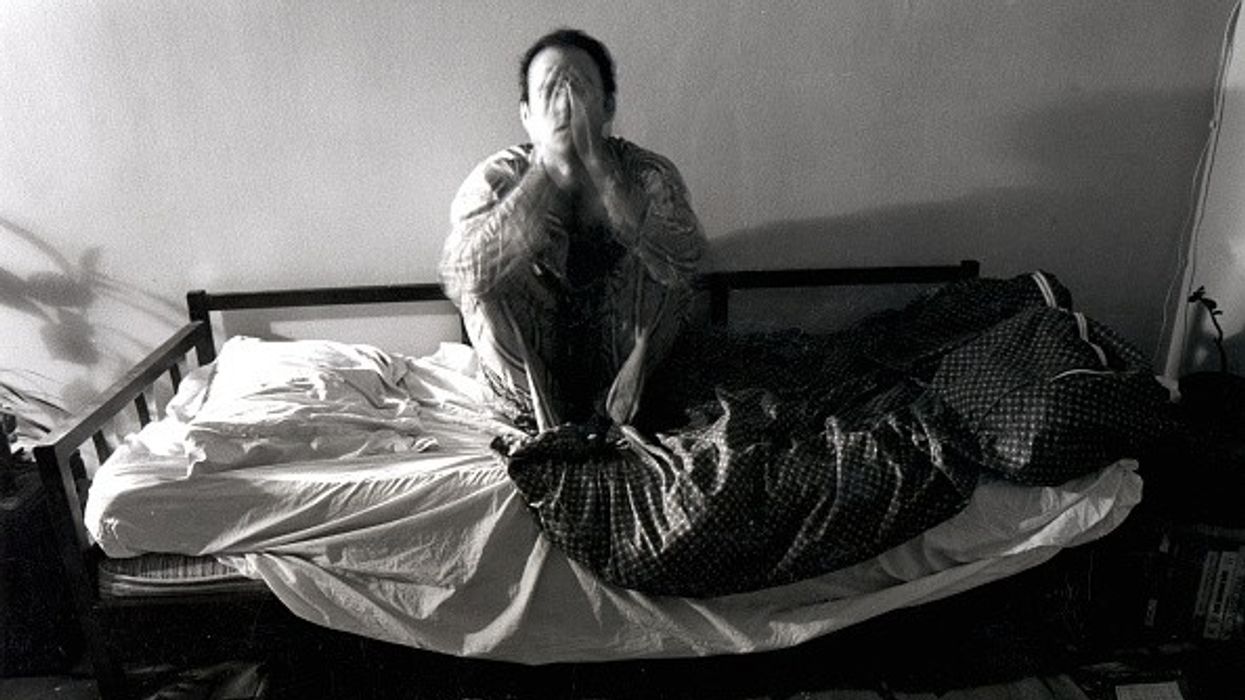The National Health Service (NHS) is launching a network of mental health emergency units across England to help ease hospital overcrowding.
The specialist mental health crisis centres offer 24 hour service for the patients with suicidal thoughts, or having symptoms like psychosis or mania.
The specialist centres are already open in 10 NHS trusts, including on existing A&E sites. They support walk-in patients as well as the ones referred by GPs and the police. More number of centres are expected to be opened over the next decade. Ten hospital trusts have been piloting the new assessment centres.
As a part of the Labour’s decade-long plan for the health service, more centres will be open across the nation. This is an attempt to ensure calm environment for people suffering mental health crisis.
“Crowded A&Es are not designed to treat people in mental health crisis. We need to do better, which is why we are pioneering a new model of care where patients get the right support in the right setting. As well as relieving pressure on our busy A&Es, mental health crisis assessment centres can speed up access to appropriate care, offering people the help they need much sooner so they can stay out of hospital,” said Sir Jim Mackey, the chief executive of NHS England.
Mackey also claims that this would be a”pioneering new model of care”, where people “get the right support in the right setting.”
These units are expected to reduce the waiting times in non-specialist A&E departments. Andy Bell, the CEO of the Centre for Mental Health on the other hand, opined that they need to be properly funded to introduce new provisions.
According to the research by Royal College of Nursing, around 5,260 A&E patients suffering mental health issues had to wait for more 12 hours last year, for a bed after getting admitted. The number of patients who had to face this trouble were only 1,000 in 2019.
Another research published last month states that patients had to undergo extreme delays to get a bed in mental health wards. It said nurses revealed that patients were tortured by delaying their service for up to three days in extremely degrading conditions.
Prof Nicola Ranger, the general secretary and chief executive of the RCN called this “a scandal in plain sight.”
Claire Murdoch, the NHS national director for mental health said she hopes the new units would help people stay out of hospitals and in work.
Andy Bell is still skeptical about the efficiency of the scheme as it is untested. He urges for robust testing of the model before rolling it nationally. He also points out that funding for mental health services have fallen severely last year.
Now the government has also come forward with the announcement of expansion of a scheme last month to help GPs provide care and advice to patients, without the need of joining long NHS hospital waiting lists in England.




